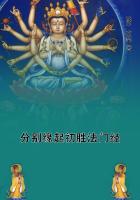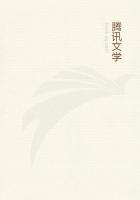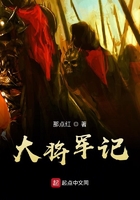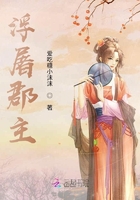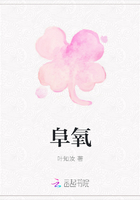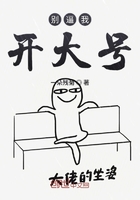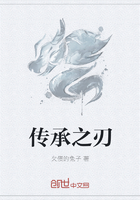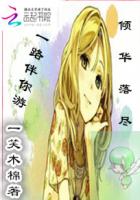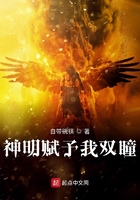Pencils, school-keeping, and trade being thus discarded one after another, Thoreau, with a stroke of strategy, turned the position. He saw his way to get his board and lodging for practically nothing; and Admetus never got less work out of any servant since the world began. It was his ambition to be an oriental philosopher; but he was always a very Yankee sort of oriental. Even in the peculiar attitude in which he stood to money, his system of personal economics, as we may call it, he displayed a vast amount of truly down-East calculation, and he adopted poverty like a piece of business.
Yet his system is based on one or two ideas which, I believe, come naturally to all thoughtful youths, and are only pounded out of them by city uncles. Indeed, something essentially youthful distinguishes all Thoreau's knock-down blows at current opinion. Like the posers of a child, they leave the orthodox in a kind of speechless agony. These know the thing is nonsense. They are sure there must be an answer, yet somehow cannot find it. So it is with his system of economy.
He cuts through the subject on so new a plane that the accepted arguments apply no longer; he attacks it in a new dialect where there are no catchwords ready made for the defender; after you have been boxing for years on a polite, gladiatorial convention, here is an assailant who does not scruple to hit below the belt.
"The cost of a thing," says he, "is THE AMOUNT OF WHAT I WILL CALL LIFE which is required to be exchanged for it, immediately or in the long run." I have been accustomed to put it to myself, perhaps more clearly, that the price we have to pay for money is paid in liberty. Between these two ways of it, at least, the reader will probably not fail to find a third definition of his own; and it follows, on one or other, that a man may pay too dearly for his livelihood, by giving, in Thoreau's terms, his whole life for it, or, in mine, bartering for it the whole of his available liberty, and becoming a slave till death. There are two questions to be considered - the quality of what we buy, and the price we have to pay for it. Do you want a thousand a year, a two thousand a year, or a ten thousand a year livelihood? and can you afford the one you want? It is a matter of taste; it is not in the least degree a question of duty, though commonly supposed so. But there is no authority for that view anywhere. It is nowhere in the Bible. It is true that we might do a vast amount of good if we were wealthy, but it is also highly improbable; not many do; and the art of growing rich is not only quite distinct from that of doing good, but the practice of the one does not at all train a man for practising the other. "Money might be of great service to me," writes Thoreau; "but the difficulty now is that I do not improve my opportunities, and therefore I am not prepared to have my opportunities increased." It is a mere illusion that, above a certain income, the personal desires will be satisfied and leave a wider margin for the generous impulse.
It is as difficult to be generous, or anything else, except perhaps a member of Parliament, on thirty thousand as on two hundred a year.
Now Thoreau's tastes were well defined. He loved to be free, to be master of his times and seasons, to indulge the mind rather than the body; he preferred long rambles to rich dinners, his own reflections to the consideration of society, and an easy, calm, unfettered, active life among green trees to dull toiling at the counter of a bank. And such being his inclination he determined to gratify it. A poor man must save off something; he determined to save off his livelihood.
"When a man has attained those things which are necessary to life," he writes, "there is another alternative than to obtain the superfluities; HE MAY ADVENTURE ON LIFE NOW, his vacation from humbler toil having commenced." Thoreau would get shelter, some kind of covering for his body, and necessary daily bread; even these he should get as cheaply as possible; and then, his vacation from humbler toil having commenced, devote himself to oriental philosophers, the study of nature, and the work of self-improvement.
Prudence, which bids us all go to the ant for wisdom and hoard against the day of sickness, was not a favourite with Thoreau. He preferred that other, whose name is so much misappropriated: Faith. When he had secured the necessaries of the moment, he would not reckon up possible accidents or torment himself with trouble for the future. He had no toleration for the man "who ventures to live only by the aid of the mutual insurance company, which has promised to bury him decently." He would trust himself a little to the world.
"We may safely trust a good deal more than we do," says he.
"How much is not done by us! or what if we had been taken sick?" And then, with a stab of satire, he describes contemporary mankind in a phrase: "All the day long on the alert, at night we unwillingly say our prayers and commit ourselves to uncertainties." It is not likely that the public will be much affected by Thoreau, when they blink the direct injunctions of the religion they profess; and yet, whether we will or no, we make the same hazardous ventures; we back our own health and the honesty of our neighbours for all that we are worth; and it is chilling to think how many must lose their wager.
In 1845, twenty-eight years old, an age by which the liveliest have usually declined into some conformity with the world, Thoreau, with a capital of something less than five pounds and a borrowed axe, walked forth into the woods by Walden Pond, and began his new experiment in life. He built himself a dwelling, and returned the axe, he says with characteristic and workman-like pride, sharper than when he borrowed it; he reclaimed a patch, where he cultivated beans, peas, potatoes, and sweet corn; he had his bread to bake, his farm to dig, and for the matter of six weeks in the summer he worked at surveying, carpentry, or some other of his numerous dexterities, for hire.

